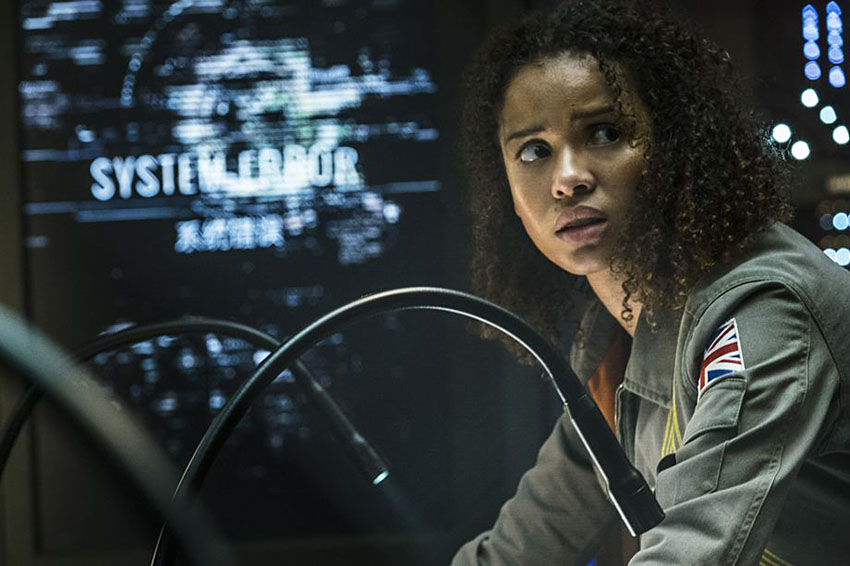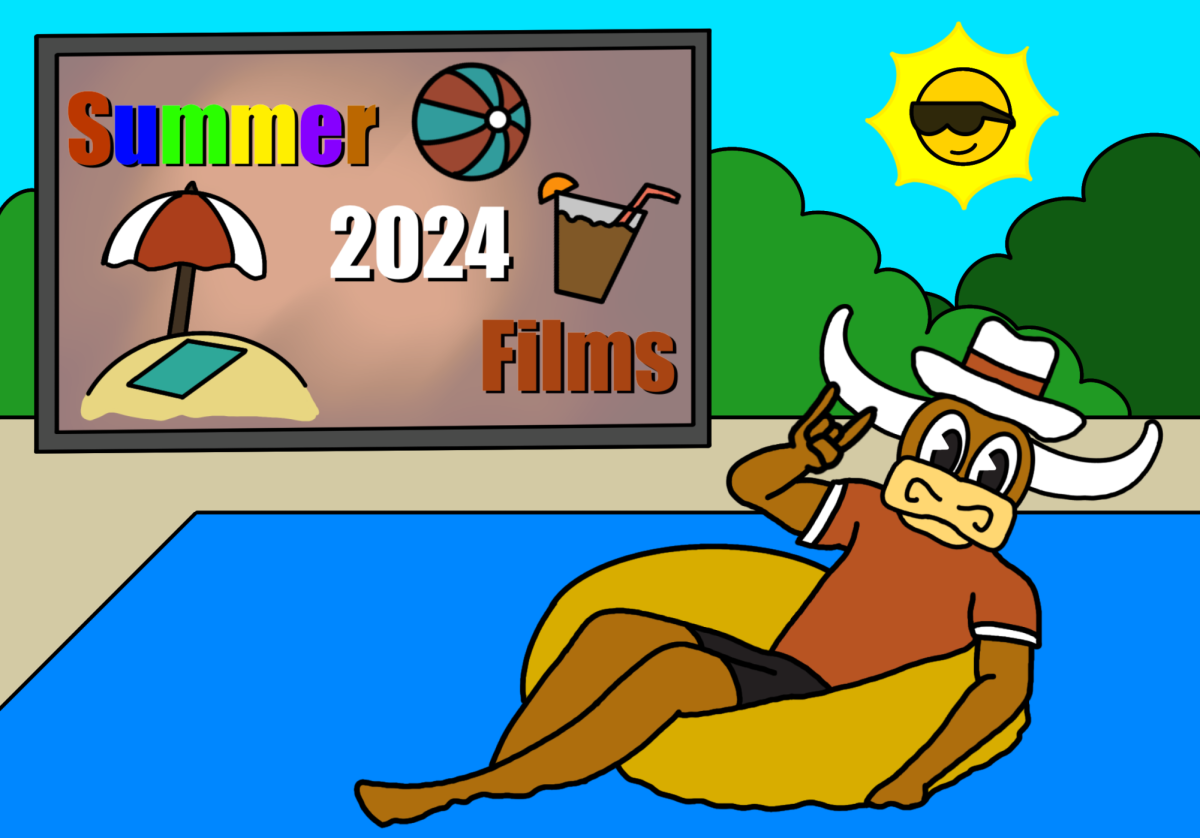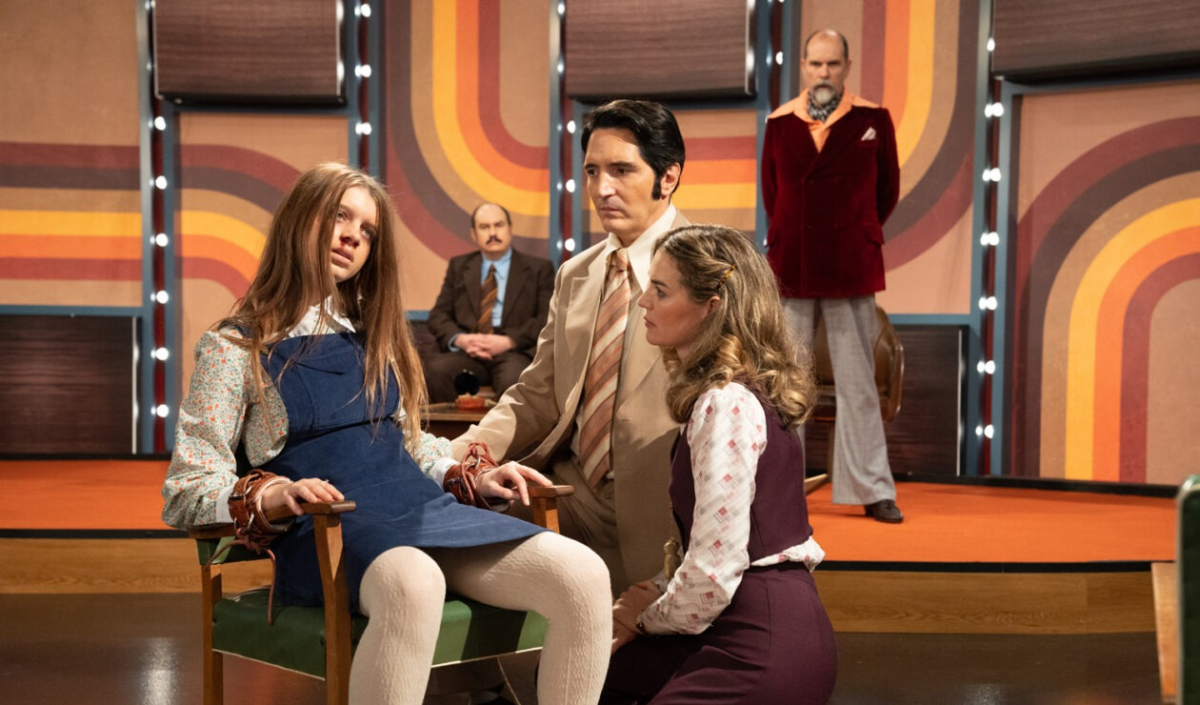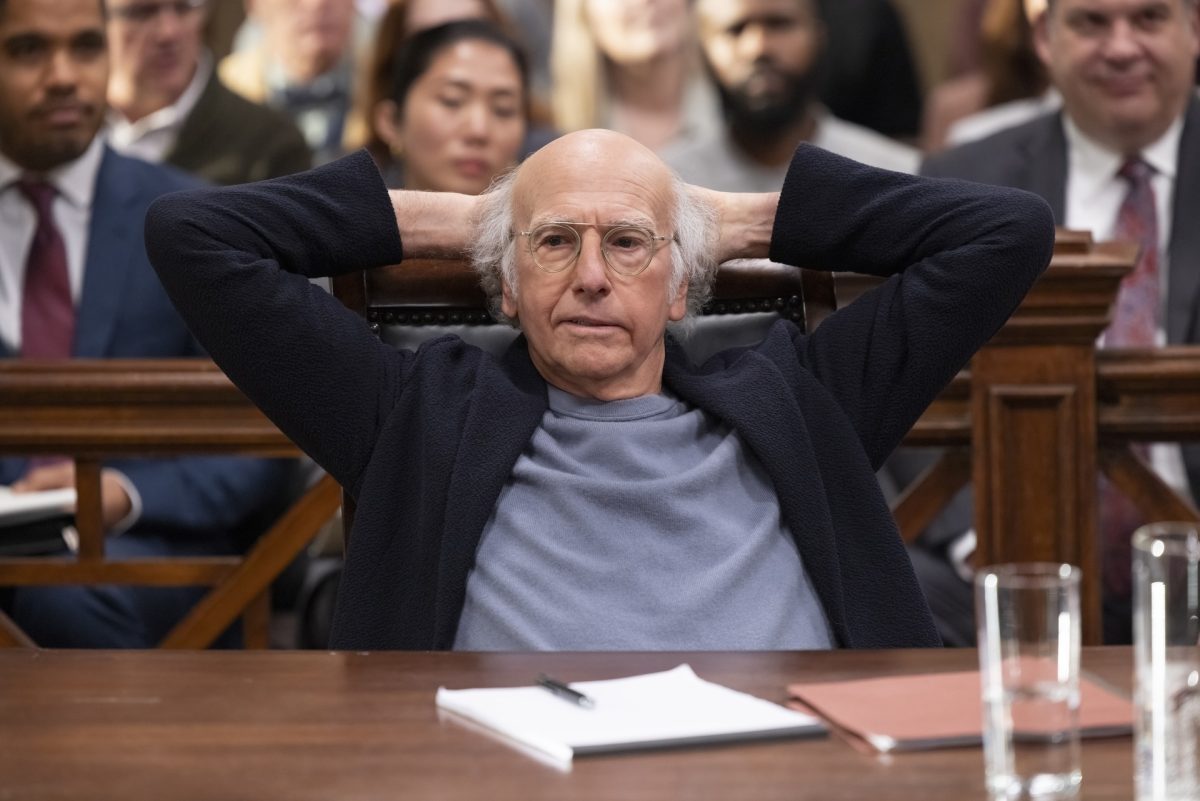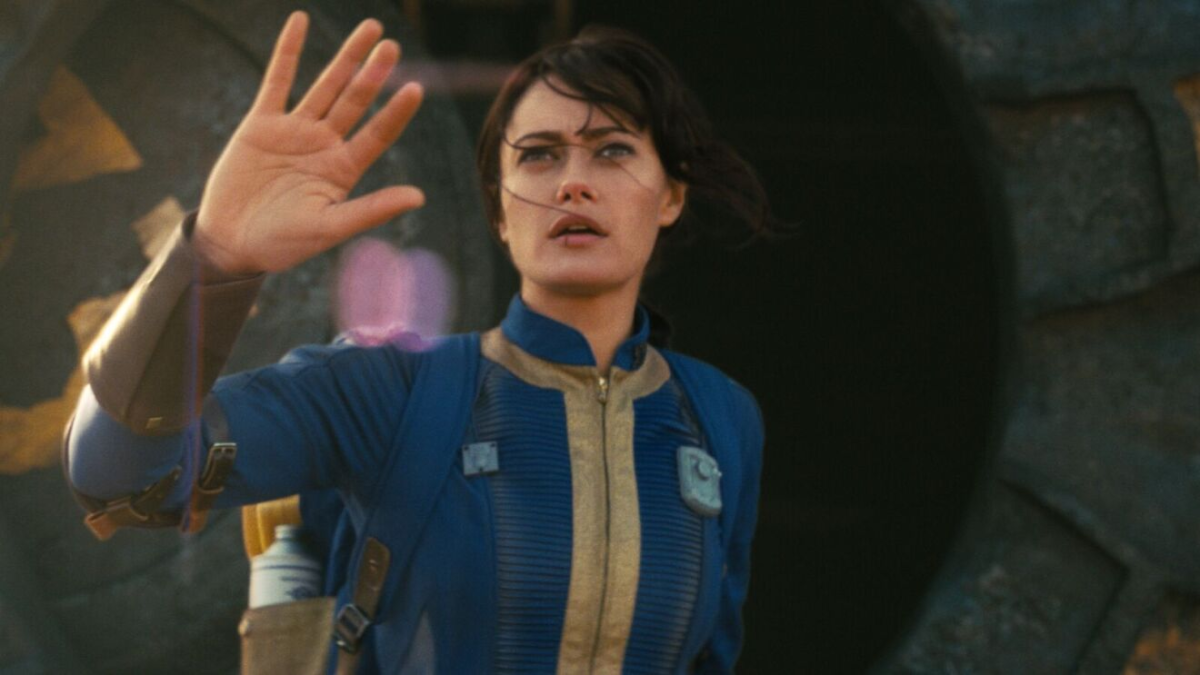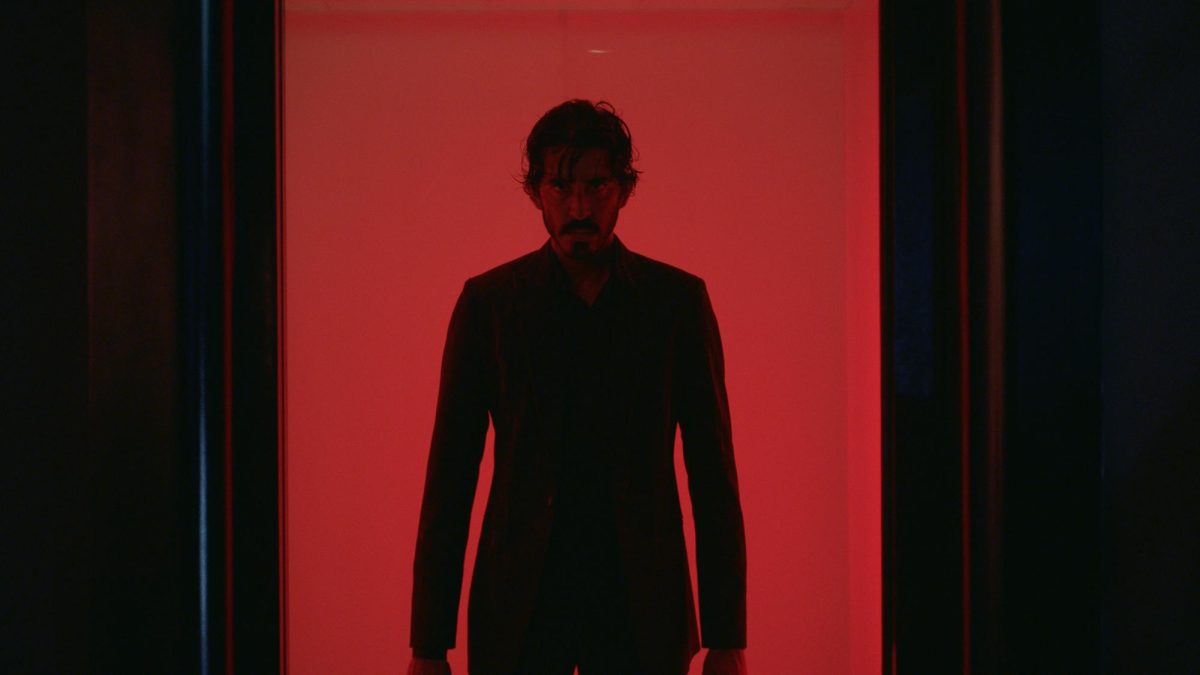Surprise album releases have become a huge trend in music recently, and it’s looking like the film industry might follow suit.
With practically no notice, the third chapter in J.J. Abrams’ mysterious horror sci-fi franchise “Cloverfield” arrived on Netflix. Yet despite a very impressive pedigree, “The Cloverfield Paradox” is not quite as inventive as its marketing strategy would have you believe.
Directed by Julius Onah, the film follows a team of scientists on a space station above an Earth struggling with depleted resources. The scientists are attempting to fire the station’s particle accelerator, “Shepherd,” to tap into an unlimited source of energy.
The crew is fairly likable per a stellar cast. David Oyelowo and Daniel Bruhl are predictably great as senior members of the space station crew, while Chris O’Dowd stands out as comic relief. Gugu Mbatha-Raw gives the film a strong emotional through-line as Ava Hamilton, a crew member whose commitment to the mission is compromised by the tragic loss of her family. The crew is a set of tried-and-true archetypes that provide a steady foundation for a mission.
As one would expect, this mission doesn’t go according to plan.
Firing the accelerator causes Earth to vanish right in front of the crew’s eyes, and a mysterious woman appears in the walls of the ship. When this woman, Mina Jensen (Elizabeth Debicki), insists that she is a member of the crew, the truth comes into focus: The crew has crossed over into an alternate reality and must find a way home.
On its own, this setup works. Onah creates tension from the get-go that continues to build throughout the storyline. Whenever the film delves into the conflicts between the crew, it borders on the Hitchcockian, helped along by a thumping, memorable score by “10 Cloverfield Lane” composer Bear McCreary.
The best scenes focus on the bizarre ways reality warped following the Shepherd firing. A plot point involving a disembodied hand is delightfully weird, and there’s a fair amount of legitimately unsettling body horror. On the flip side, there are also several scenes that flat-out don’t work.
It’s admirable that screenwriter Oren Uziel seems so willing to try different ideas, but it’s also the film’s downfall. The forest is continually missed for the trees here so that Uziel can jump from trope to trope. The most interesting aspect of the film — the body horror — barely factors in to make room for an ill-conceived third act villain reveal that flops because, despite the best efforts of the cast, we don’t get to know the crew well enough to care.
Tonally, “The Cloverfield Paradox” veers wildly all over the place. Comic, thrilling and dramatic bits, despite working well in isolation, create a repeated whiplash when thrown together.
Then there’s the god-awful “Cloverfield” connection.
Initially, this film started development as a completely unrelated project called “God Particle.” Somewhere along the line, it got rebranded into a “Cloverfield” film, and it shows. Most of the connections to the first and second film are relegated to a tacked-on subplot following Hamilton’s husband Michael (Roger Davies) as he attempts to navigate a mysterious attack back on Earth. These scenes don’t exist for any other reason than to assure fans this film takes place in the “Cloverfield” universe.
This blatant attempt to cash in on the goodwill of the “Cloverfield” brand reeks of desperation. More depressingly, it tarnishes what might have made a great piece of original content.
After all is said and done, however, it’s hard not to fall under the spell of “The Cloverfield Paradox”. Julius Onah’s urge to entertain shines through, ensuring that there is a strong sense of fun that’s, well, paradoxical to the film’s other shortcomings.



